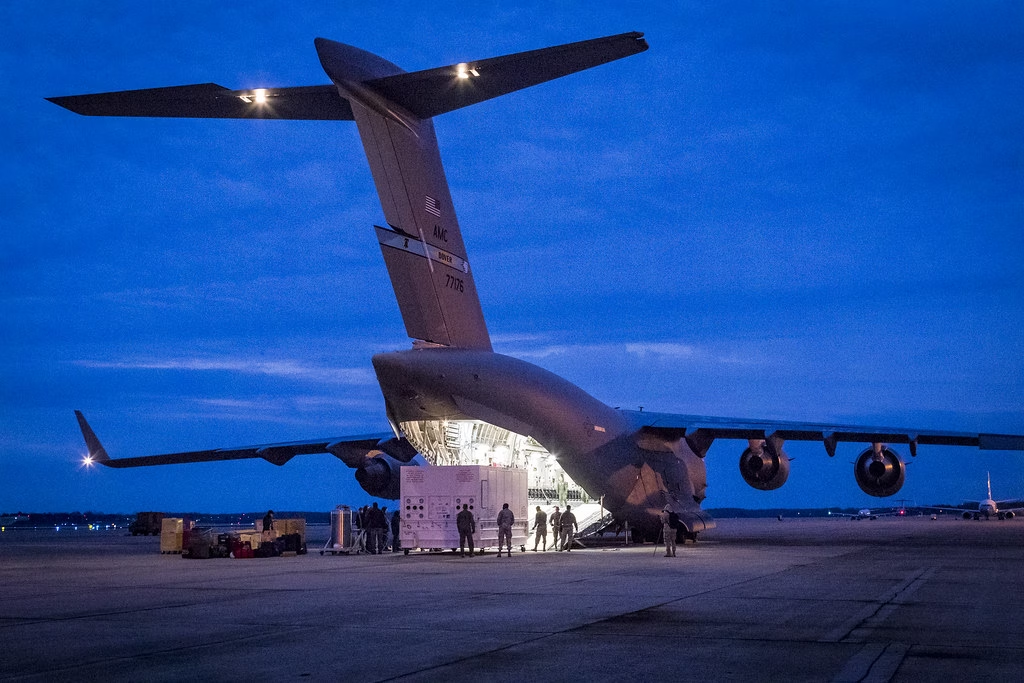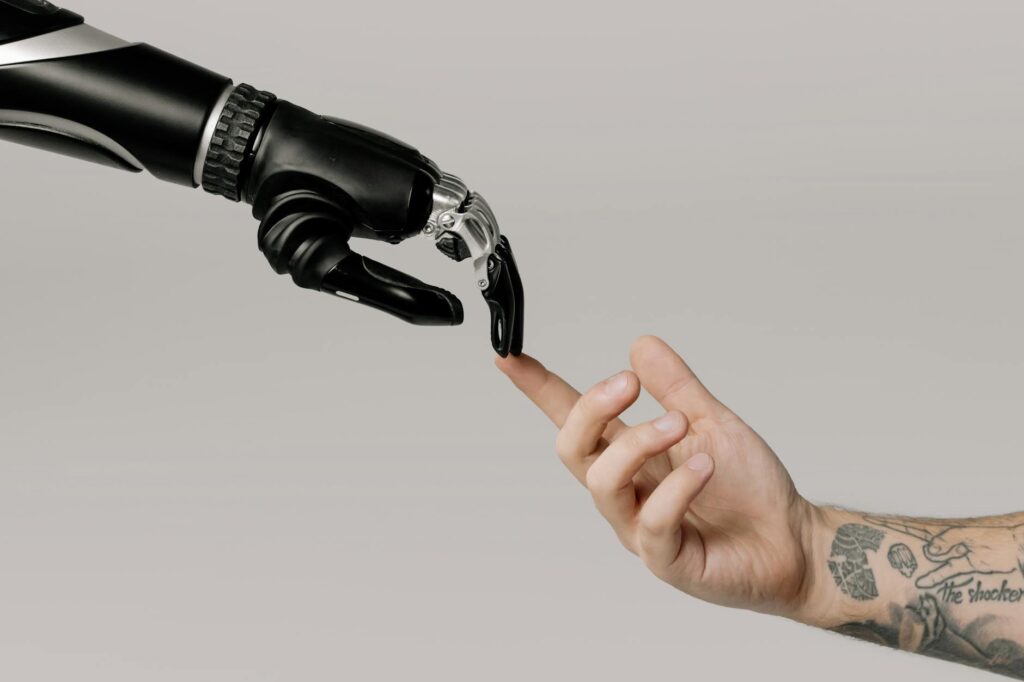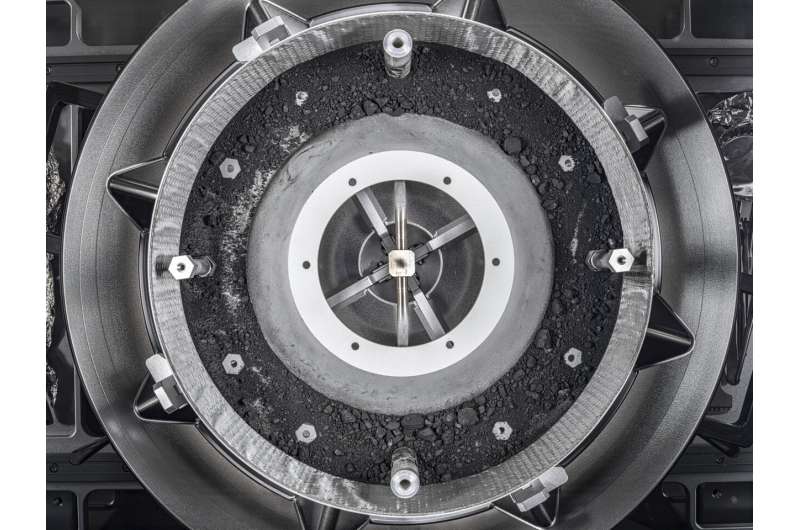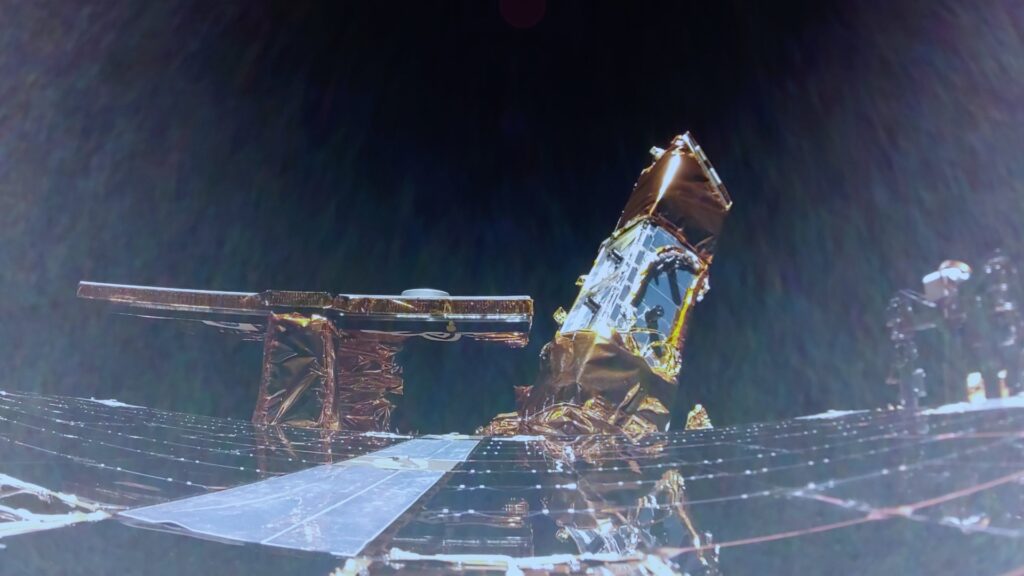The Starliner stranding shows why NASA was wise to have a backup plan
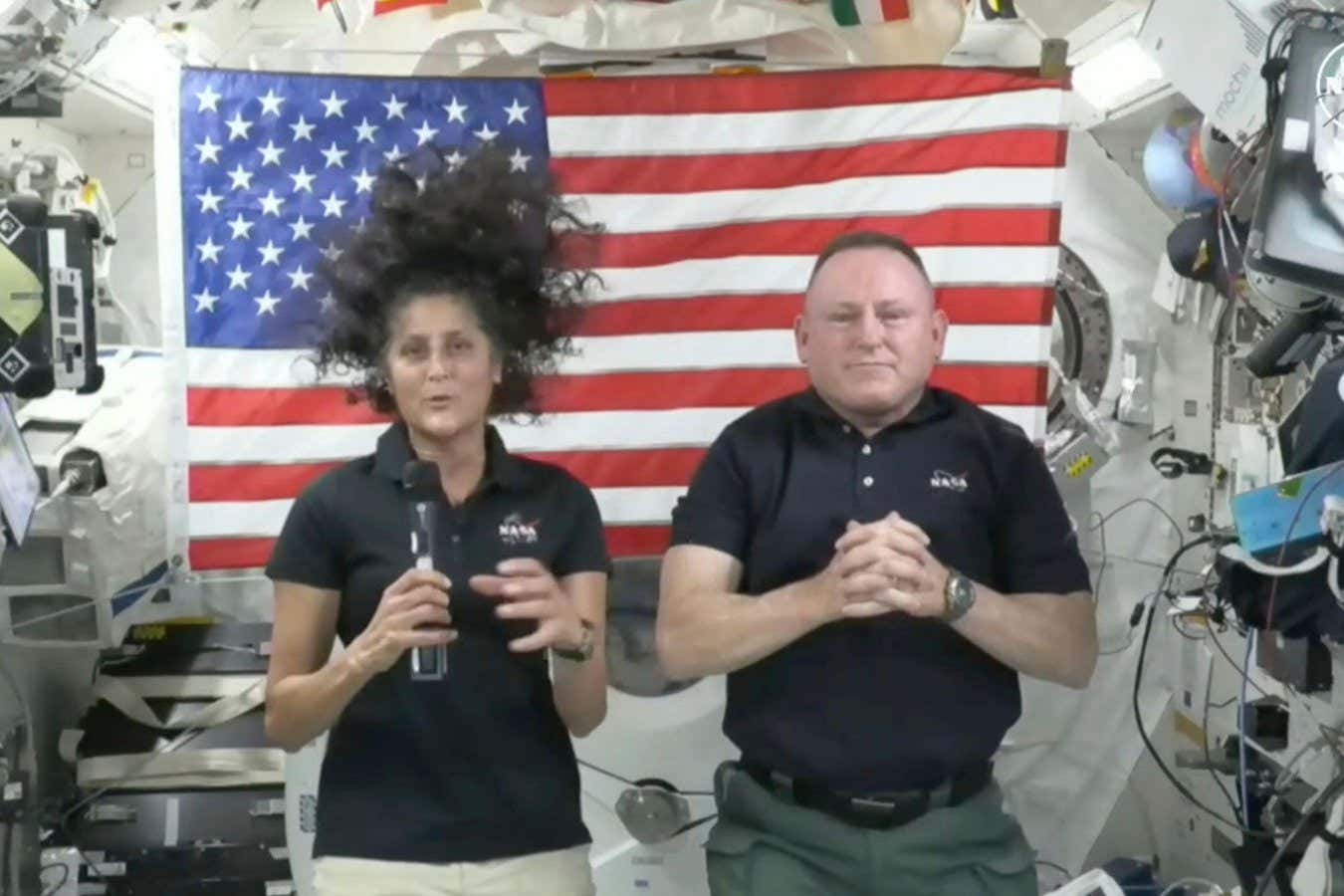
NASA Space Technology
Leader and Space
Space missions are extremely hard. Things going wrong should be expected, so having a sensible plan B is crucial

Associated Press/Alamy
After any problem with a rocket launch or mission, experts echo the same refrain: space is hard. As progress in the space industry accelerates, that mantra is becoming more relevant, not less, but that is because we are facing the difficulties of space flight more frequently and, largely, overcoming them.
The situation unfolding on the International Space Station (ISS) over the past few months is a perfect example. Boeing’s Starliner spacecraft launched for its first crewed flight on 5 June, but hardware issues meant that once it arrived at the ISS, it was unclear if it would be safe for the two NASA astronauts it carried to safely ride it back to Earth as planned.
So, after testing on the ground and much deliberation, NASA pivoted and announced that the astronauts would be extending their stay in space and coming home in February 2025 aboard a SpaceX Crew Dragon craft instead (see “Stranded ISS astronauts reveal the US space programme is not in crisis”). Thanks to the wise decision NASA made a decade ago to choose two companies to build capsules to shuttle astronauts into space instead of just one, a potentially devastating issue became a mere inconvenience. We have known the whole time that space is hard, and preparation paid off.
The first ever civilian spacewalk may well be the most dangerous spacewalk of all time
Hopefully, intense preparation will also pay off for the crew of SpaceX’s upcoming Polaris Dawn mission. If all goes well, it will include the first ever civilian spacewalk, which may well be the most dangerous spacewalk of all time (see “SpaceX’s Polaris Dawn crew set to attempt the riskiest spacewalk yet”).
If the walk goes smoothly, it will be another big win for commercial space flight and for SpaceX in particular not least because it will be the first test of the firm’s new spacesuits. Ageing suits have been a looming problem for NASA and other space agencies for decades those in use by NASA are the same ones astronauts wore in the 1980s, and they are long past their prime. A reliable new spacesuit that even civilians can wear comfortably, with improved mobility and temperature control, would be a huge win. It would make space just a little bit less hard.
Topics:
Discover more from Tamfis Nigeria Lmited
Subscribe to get the latest posts sent to your email.



 Hot Deals
Hot Deals Shopfinish
Shopfinish Shop
Shop Appliances
Appliances Babies & Kids
Babies & Kids Best Selling
Best Selling Books
Books Consumer Electronics
Consumer Electronics Furniture
Furniture Home & Kitchen
Home & Kitchen Jewelry
Jewelry Luxury & Beauty
Luxury & Beauty Shoes
Shoes Training & Certifications
Training & Certifications Wears & Clothings
Wears & Clothings





